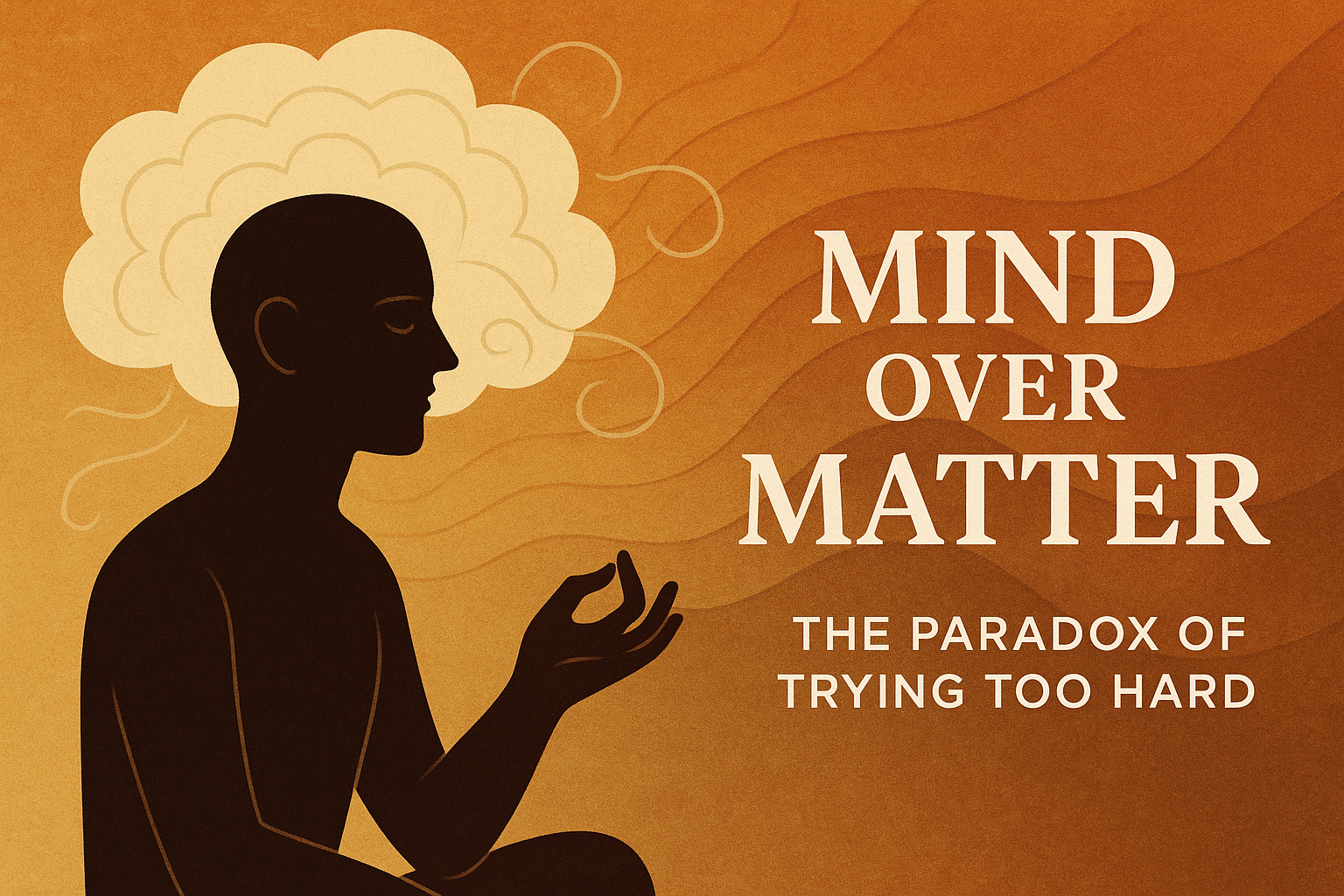The Search for Significance
Understanding the Desire to Be Important

In a world where achievements and accolades often define our self-worth, the desire to feel important can be a driving force in our lives. Many of us seek significance in our relationships, careers, and contributions to society.
But what lies behind this quest for importance, and how does it impact our sense of personal fulfillment? This post delves into the roots of the desire for significance and its implications on our overall well-being.
The Roots of the Desire for Importance
The desire to feel important is deeply rooted in our human nature. From a young age, we are conditioned to seek validation from others, whether through praise, recognition, or societal status. This desire can stem from various sources:
- Cultural Influences: Many cultures place a high value on success and achievement. The media often glorifies public figures, successful entrepreneurs, and influencers, creating a societal narrative that equates worth with accomplishments. As a result, individuals may feel pressured to achieve greatness to be deemed important.
- Psychological Needs: According to psychological theories, such as Maslow's hierarchy of needs, the quest for significance can be linked to the need for esteem and belonging. When individuals feel recognized and valued, it can boost their self-esteem and foster a sense of belonging in their communities.
- Personal Experiences: Personal experiences, particularly in childhood, can shape our perceptions of importance. Those who receive affirmation for their achievements may internalize the belief that they must continue to excel to maintain their sense of worth. Conversely, individuals who feel overlooked or undervalued may develop a heightened desire to prove their significance.
The Impact on Personal Fulfillment
While the pursuit of importance can drive individuals to achieve remarkable feats, it can also lead to challenges that hinder true fulfillment:
- The Paradox of Validation: Relying on external validation to define our self-worth can create a fragile sense of importance. When achievements are celebrated, we may feel elated, but when recognition wanes, feelings of inadequacy can surface. This constant cycle of validation can lead to anxiety and a perpetual search for affirmation.
- Fear of Failure: The desire to be important can foster a fear of failure. Individuals may avoid taking risks or pursuing passions that don’t guarantee recognition, leading to unfulfilled potential. This fear can stifle creativity and prevent people from exploring avenues that might bring them joy and satisfaction.
- Shifting Focus: When the pursuit of importance dominates our lives, we may lose sight of what truly matters. Relationships, personal growth, and well-being can take a backseat to the relentless chase for significance. As a result, individuals may find themselves feeling empty, even after achieving external markers of success.
Finding True Significance
To navigate the search for significance and foster genuine fulfillment, it’s essential to shift our focus:
- Redefining Success: Consider redefining what success means to you. Instead of solely measuring importance by external accomplishments, reflect on personal values and what brings you joy. This shift can help you cultivate a more profound sense of fulfillment that isn’t contingent on validation from others.
- Embracing Authenticity: Embracing your authentic self allows you to engage in pursuits that resonate with your values and passions. When you prioritize authenticity over societal expectations, you create a space for personal growth and fulfillment.
- Fostering Meaningful Connections: Building meaningful relationships can provide a deeper sense of significance than external achievements. Surrounding yourself with supportive individuals who appreciate you for who you are can enhance your sense of belonging and self-worth.
- Practicing Gratitude: Cultivating gratitude for your experiences, relationships, and accomplishments—big or small—can shift your perspective on significance. Recognizing the value of everyday moments fosters a sense of fulfillment that transcends the need for validation.
Conclusion
The search for significance is a complex and deeply human experience. Understanding the roots of our desire for importance can help us navigate its impact on our lives. By redefining success, embracing authenticity, fostering connections, and practicing gratitude, we can cultivate a sense of fulfillment that resonates from within.
Ultimately, true significance comes not from external validation, but from understanding our worth, embracing our uniqueness, and fostering connections that enrich our lives. As we embark on this journey, may we find fulfillment in the richness of our experiences, relationships, and the authentic selves we choose to express.
Share









